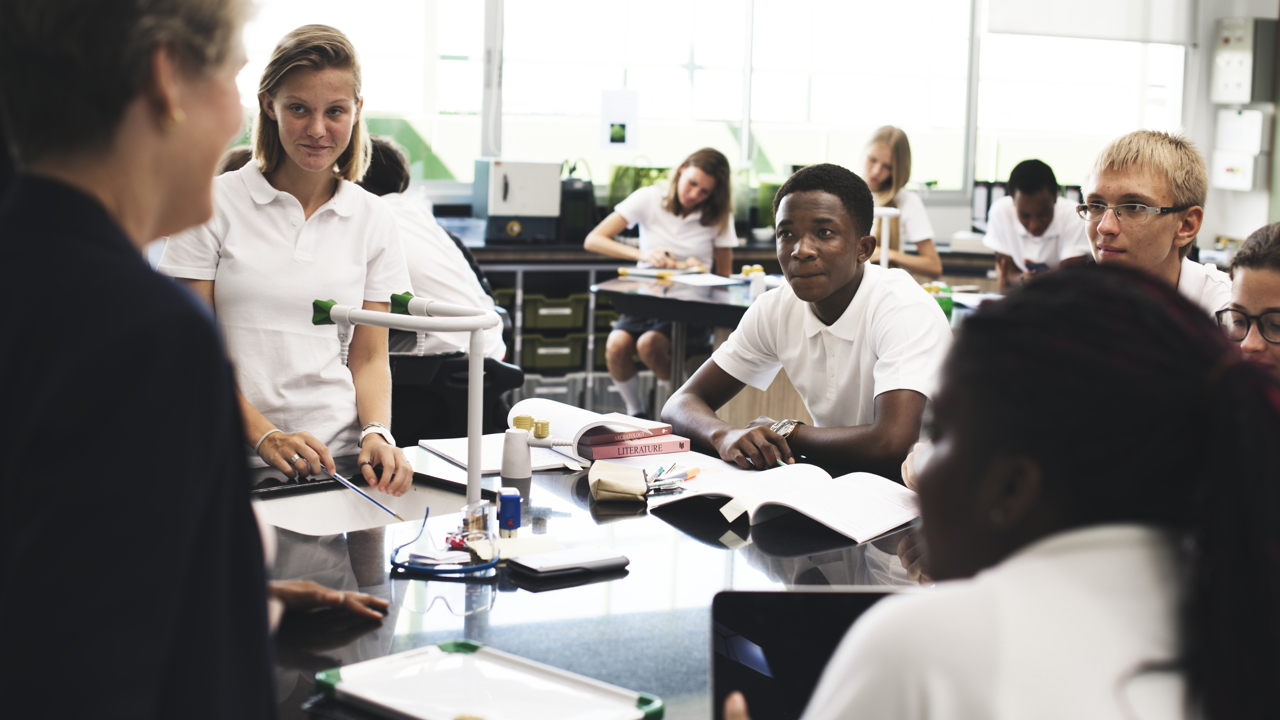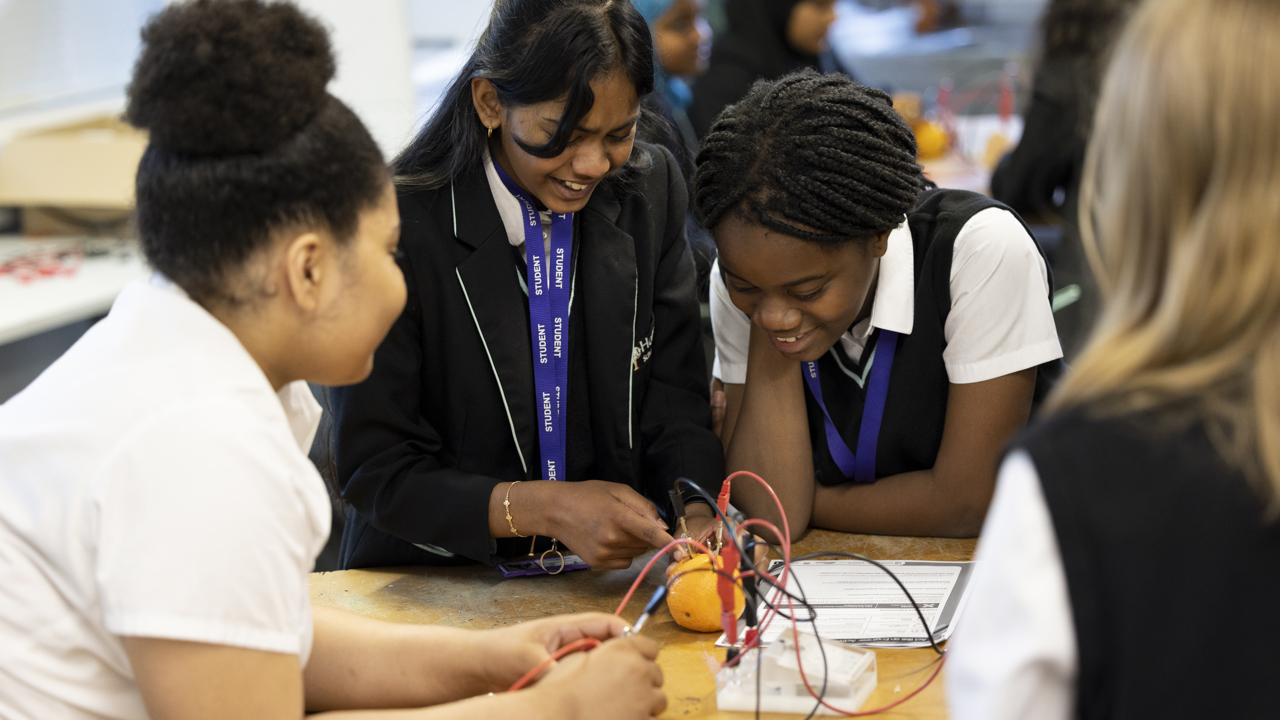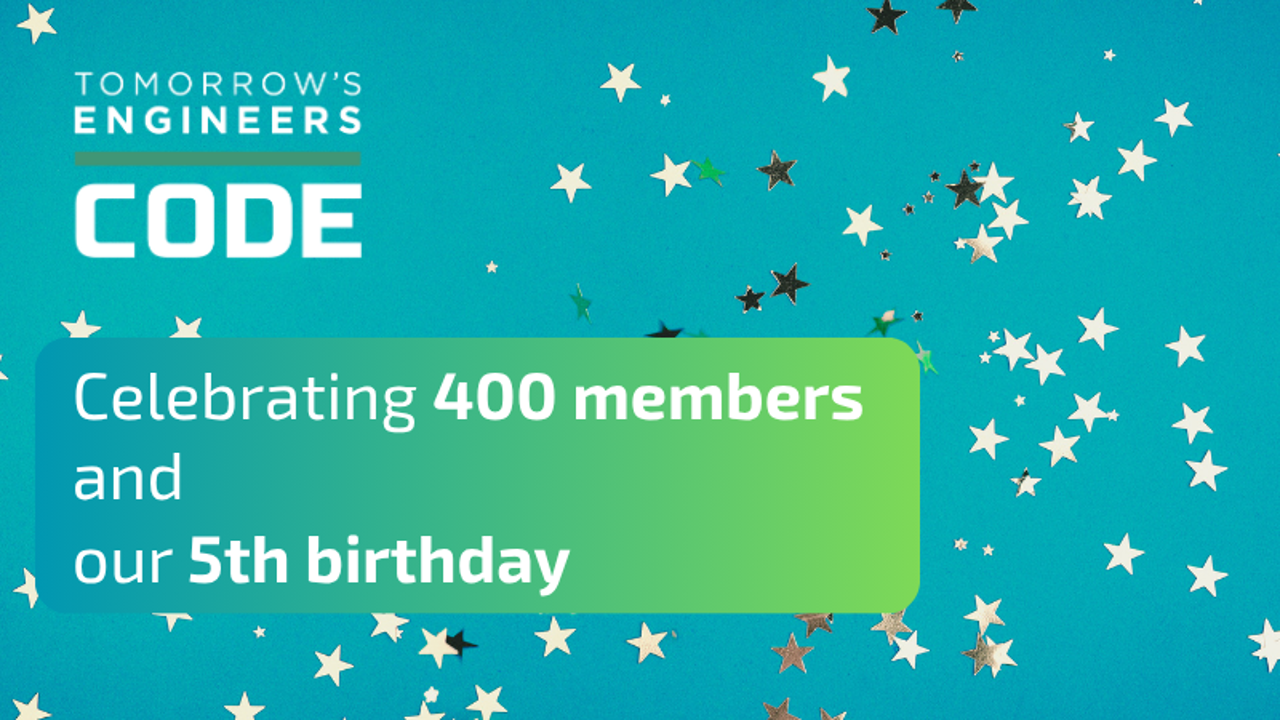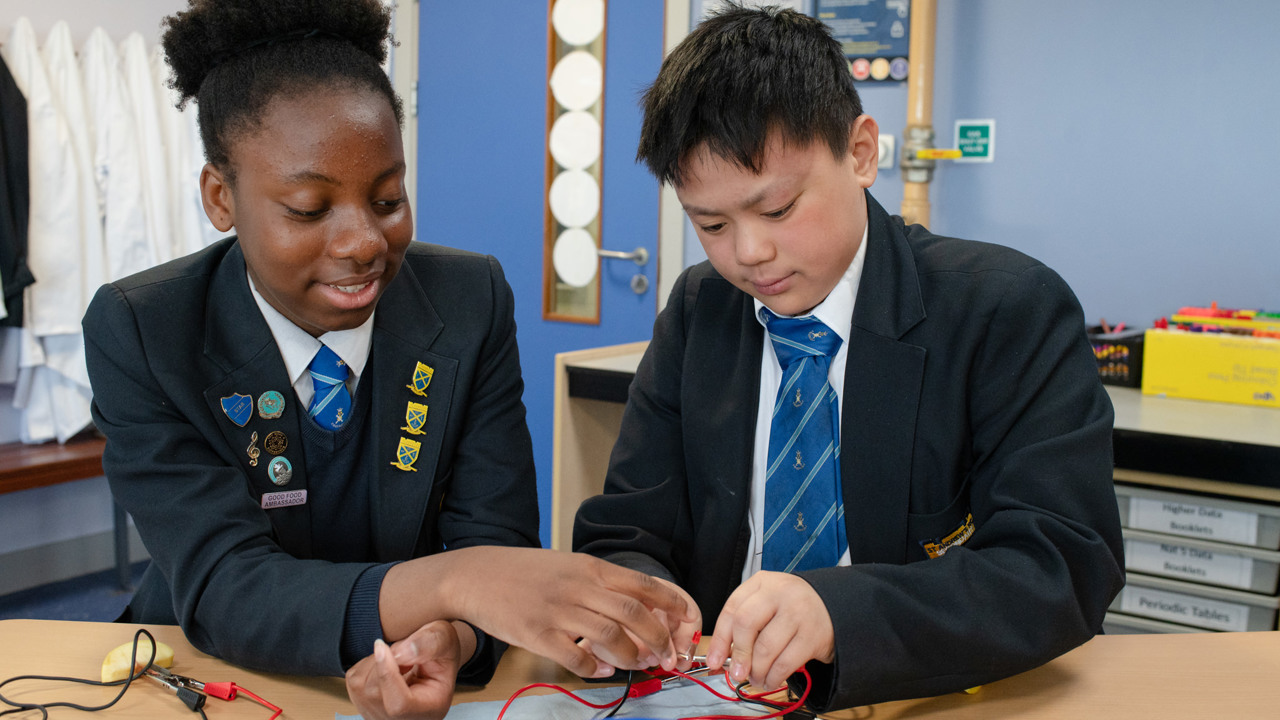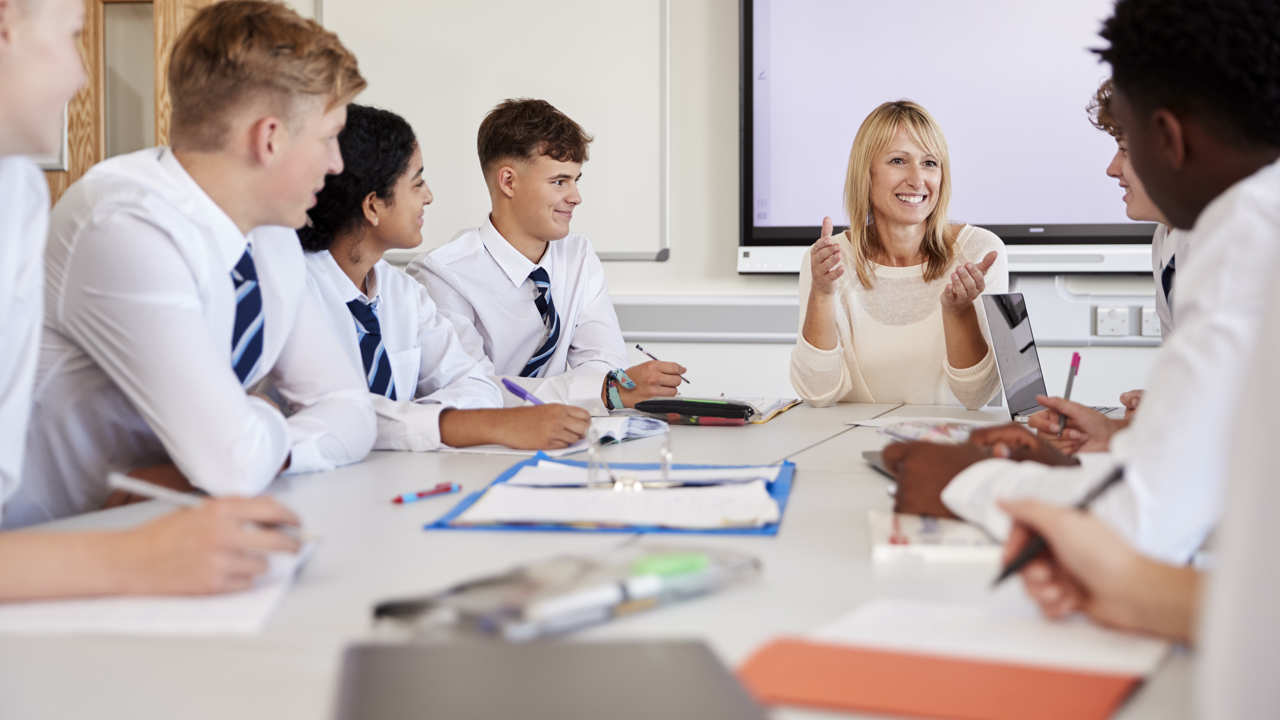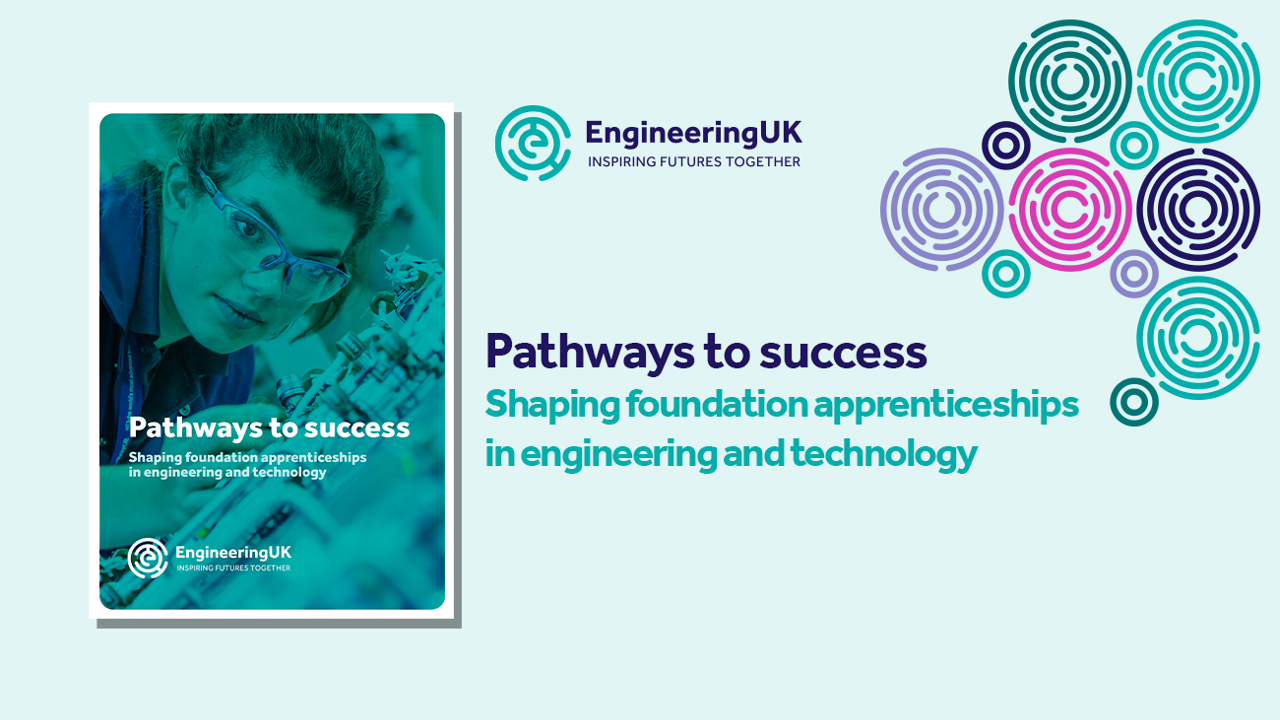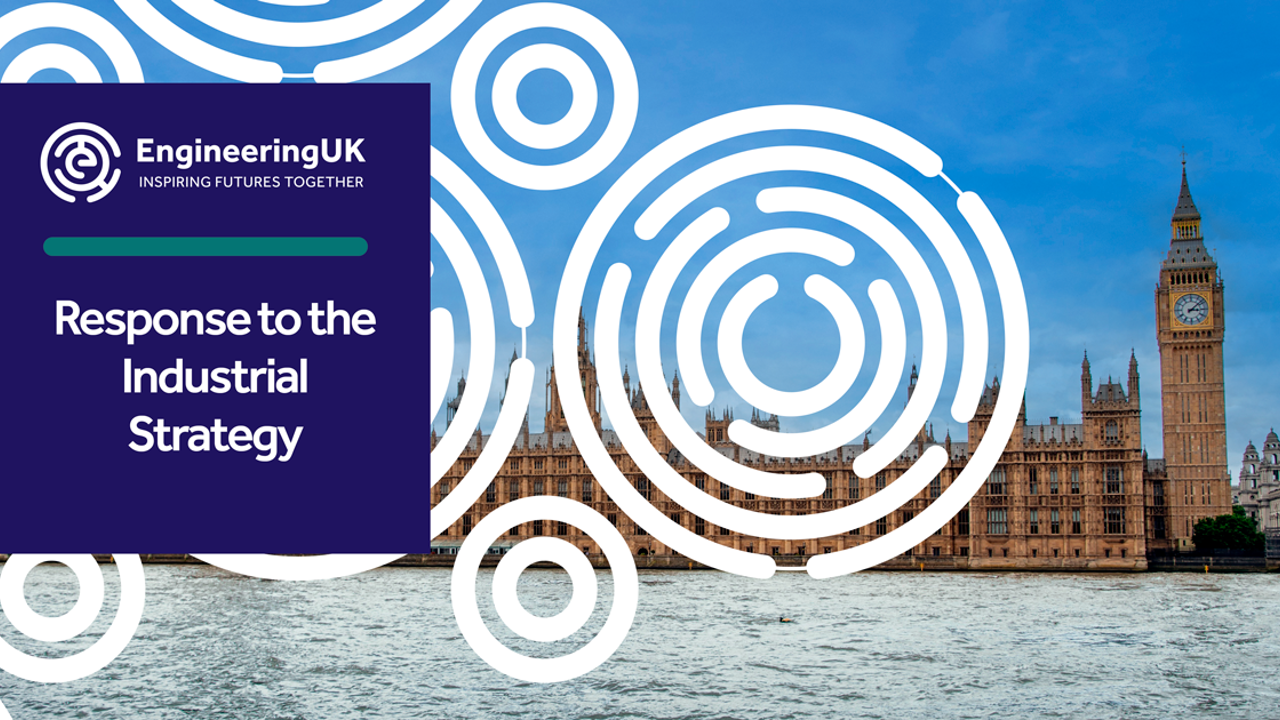School report: Barriers to practical science’ finds demands of curriculum the key blocker
‘School report: Barriers to practical science’ has found a number of blockers preventing practical science lessons being delivered to school children – but the number one issue, say teachers - is the demands of the national curriculum itself.
The survey revealed demands of the curriculum was found to be the biggest barrier to delivering a practical science (44%) followed by time constraints (37%) and student behaviour (33%). Just over a quarter, (27%) said their school did not have enough money to purchase the equipment needed for practical lessons, or they did not have enough equipment (26%).
A total of 800 STEM UK teachers were surveyed for the EngineeringUK School report series. This third EngineeringUK briefing, ‘School report: Barriers to practical science,’ quizzed 398 UK science teachers on the difficulties they faced in delivering hands-on practical science lessons.
Becca Gooch, Head of Research, EngineeringUK, said, “We know the frequency of hands-on practical science has dropped. Our Science Education Tracker research in partnership with the Royal Society highlighted this, as well as how critically vital practical science is as a motivating factor for learning science for years 7 to 9.
“Hands-on practicals help bring science to life for young people and boost interest in science as well as developing important skills. We need more young people, especially girls, choosing to continue with science and progress into engineering and technology careers. So, we need school students to have many more opportunities to get hands-on in their science lessons.”
In 2016, 44% of GCSE students were doing hands on practical work at least once a fortnight. This declined to 37% in 2019 and again to 26% in 2023. Restrictions during the Covid pandemic meant it wasn’t possible for students to do hands-on practical work. However, even prior to the pandemic there was a shift away from both hands-on practical's and watching teacher demonstrations and towards video-based learning.
Recommendations:
- The government uses the opportunity of the current curriculum and assessment review to address the volume of content in the curriculum. We are concerned that this content overload in the curriculum in England has led to the reduction in practical work in science lessons.
- Ensure that practical science is an essential part of the curriculum, and students experience a practical activity in at least half of their lessons
- Ensure that schools have the resources needed to provide students with the opportunity to participate regularly in hands-on practical lessons. This should include the equipment to carry out practicals and the technician staffing levels to support their delivery.
Professor Ulrike Tillmann FRS, Chair of the Royal Society’s Education Committee, said, “It is concerning that hands-on science activities are becoming increasingly marginalised, impacting student engagement and understanding of the relevance of science to their lives.
"Experimentation and practical work have always been at the heart of scientific inquiry. Not only do they provide a tangible way to connect what we learn in the classroom to the real world, but they also help with problem solving, teamwork and many other invaluable skills needed for pupils to thrive as future citizens.
“By designing projects focused on issues that matter to them, such as climate change and biodiversity loss, pupils will learn first-hand how scientific advances can address real-life challenges and how they and their teachers can personally contribute. We need to get practical science back into the heart of the curriculum and ensure that resources are there to support teachers so that every student can have authentic experiences of working scientifically.”
Notes to editors
For media queries please contact our media team.
About EngineeringUK
EngineeringUK is a not-for-profit organisation that drives change so more young people choose engineering and technology careers. Our mission is to enable more young people from all backgrounds to be inspired, informed and progress into engineering and technology.
We work closely with our Corporate Members and in partnership with hundreds of organisations. We lead collaborative efforts to improve the impact of all engineering and tech inspiration and careers activities for young people through Tomorrow’s Engineers and managing The Tomorrow’s Engineers Code.
We ignite a passion for STEM among young people from all backgrounds through EUK Education and our school engagement programmes such as The Big Bang. Our careers resources help teachers bring STEM to life through real-world engineering and tech stories via Neon.
Our research and evidence build insight into the current workforce and our future needs. And our evaluations build understanding of what really works to inspire and inform the next generation. We also advocate for policy development in STEM and careers education and workforce planning for engineering and tech.

